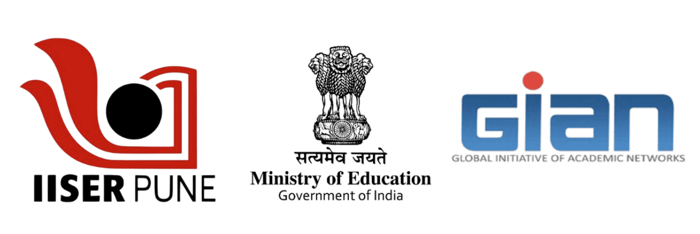
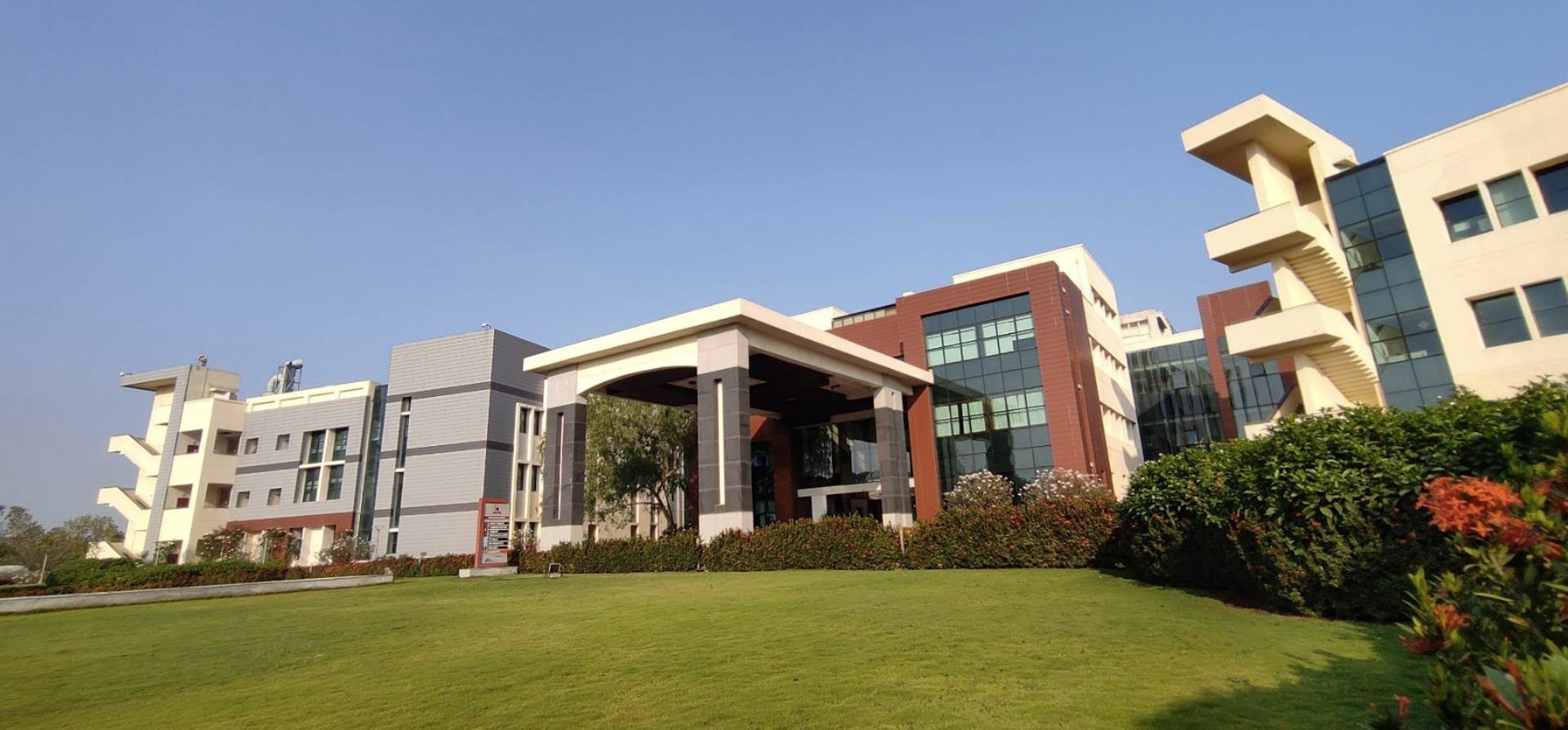
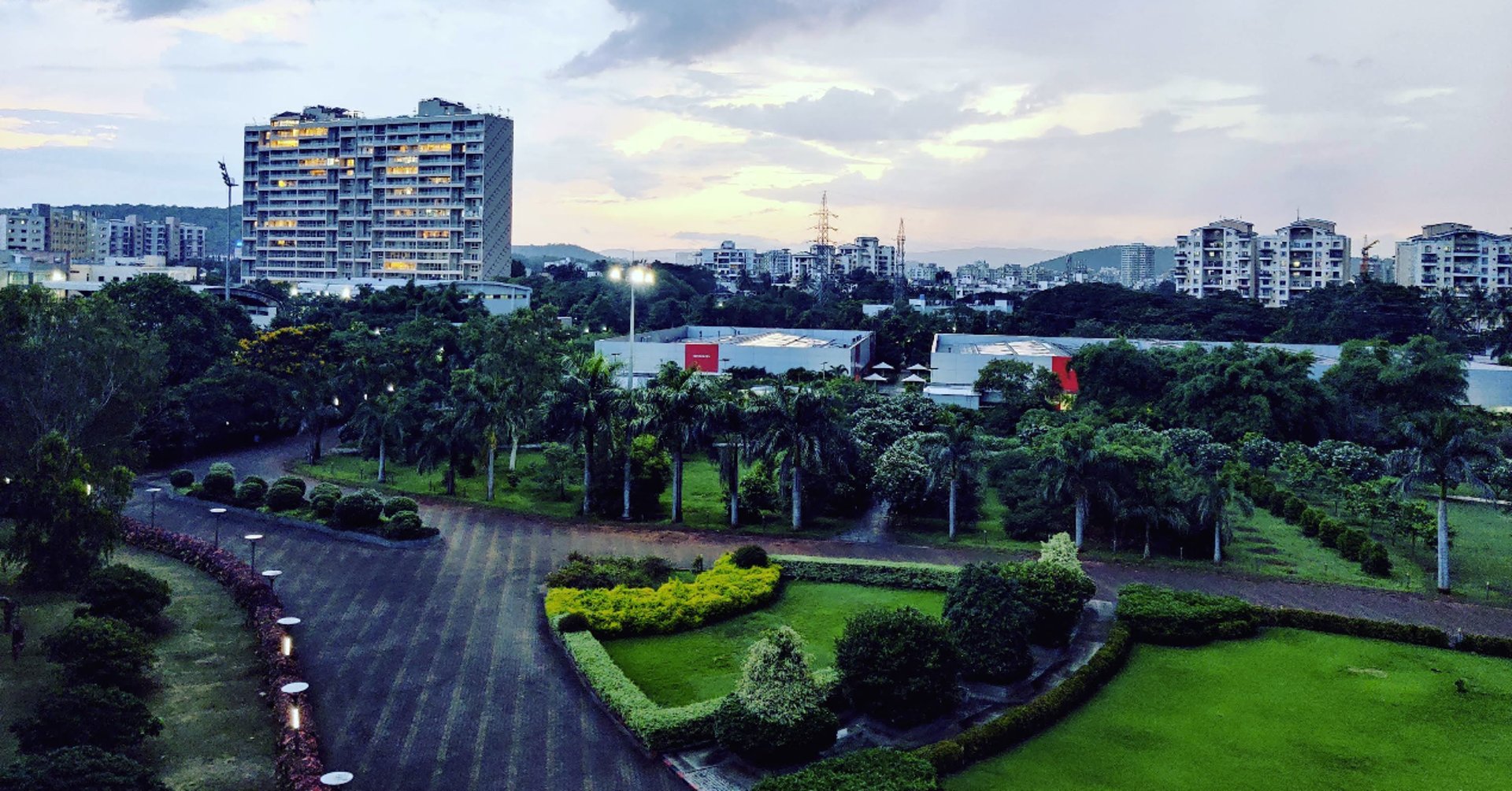
GIAN School on "Atomic Force Microscopy for life sciences"
The advent of atomic force microscope (AFM) has ushered in a new era of nano-mechanics, wherein nanoscale objects are subjected to forces of the order of pN and deformations therein are measured with sub-nm precision. Interestingly, the research in life sciences has benefitted enormously by this interdisciplinary development. It has provided a fecund ground for the growth of many new ideas from biologists, physicists and mechanical engineers. This is evident from a growing body of literature devoted to this topic in leading research journals worldwide. However, this development is still far from reaching text-books devoted to Biology or Physics, given its interdisciplinary nature. Not surprisingly, this new research area, where AFM leads from front, is not part of the curriculum in Indian universities yet.
One of the main achievements of AFM in life science research is to be able to perform experiments at the level of single molecules, providing information about chemical kinetics of umpteen number of molecular bonds vital for biological function. This required a complementary novel approach from surface chemistry for specific attachment of molecules to AFM’s force sensor in order to measure the force required to rupture a molecular bond or unfold a protein of interest. The activity is rapidly growing into a mature field. Within two decades of first single molecule experiment with AFM, hundreds of measurements of rate kinetics of single bonds using force spectroscopy have been reported. It is important that students from universities across India learn about this new interdisciplinary field at an early stage of their career, which has important implications in biomedical applications.
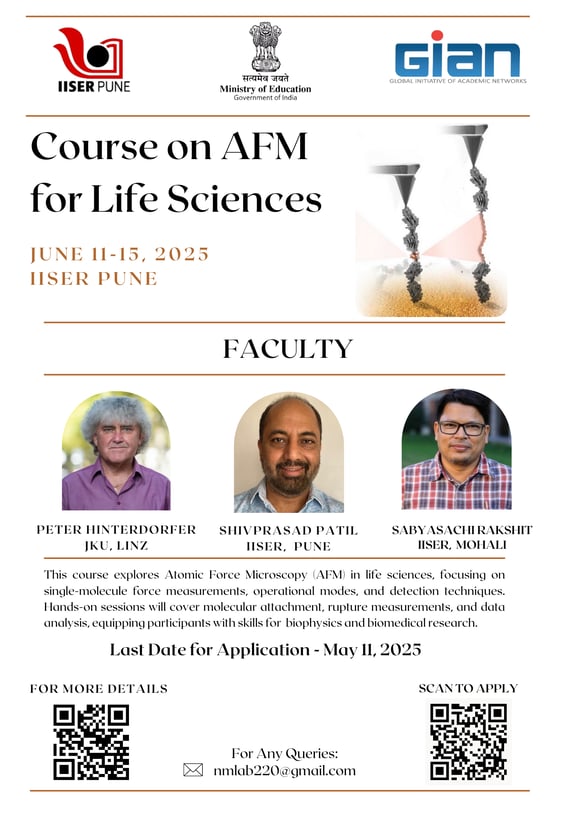

Course Objectives :
Introducing participants to development of AFM as a tool.
Teaching them all aspects about technical development of AFM, its various operation modes, detection schemes and their limitations.
Introducing participants to the novel approach of attaching specific molecules to the AFM’s tip and to the substrate to perform single molecule measurements.
Providing hands-on sessions devoted to AFM measurement of ruptures of single bonds and tip chemistry.
Enhancing participant’s ability to use AFM in biological research and to address questions with biomedical impact.
Providing necessary information about data analysis methods and tools.
Who should attend?
PhD students of all disciplines including but not restricted to Physics, Chemistry, Biology, Bioengineering, Chemical Engineering all Institutes and Universities.
Industry professionals working with Atomic force microscopy, in particular Pharmaceuticals and food industry.
The course fee is 2000/-.
The fee of 2000/- covers food, accommodation, and other logistics for the duration of the 5-day program on campus.
This fee encompasses breakfast, lunch, afternoon high tea and accommodation.
Participants will have the freedom to choose their dining options for dinner, whether using the campus dining hall or exploring nearby restaurants at their own discretion.
It is important to note that the payment gateway will be made available only after the selection process for participants has been completed, ensuring a smooth and organized experience for everyone involved.
Food & Accommodation
Teaching Faculty :
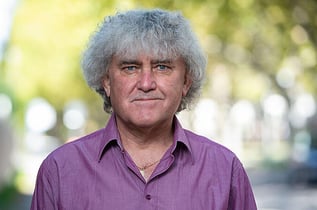





Prof. Peter Hinterdorfer
Johannes Kepler University Linz
Prof. Sabyasachi Rakshit
IISER Mohali
Prof. Shivprasad Patil
IISER Pune
Address :
Indian Institute of Science Education and Research, Main Academic, Dr Homi Bhabha Rd, Pashan, Pune, Maharashtra 411008
Contact us :
nmlab220@gmail.com
